- About Us
- Courses
- Students
- Forms
- Appeal and Complaint Form
- Application for Deferral, Suspension and Withdrawal
- Application for Leave Form
- Assessment Extension Form
- Course Variation Form
- Credit Transfer Application Form
- Enrolment Form (Existing Students)
- Pre-training Review Form
- Refund Application Form
- Student Application Form (New Application)
- Resources
- Our Agents
- News
- Contact Us
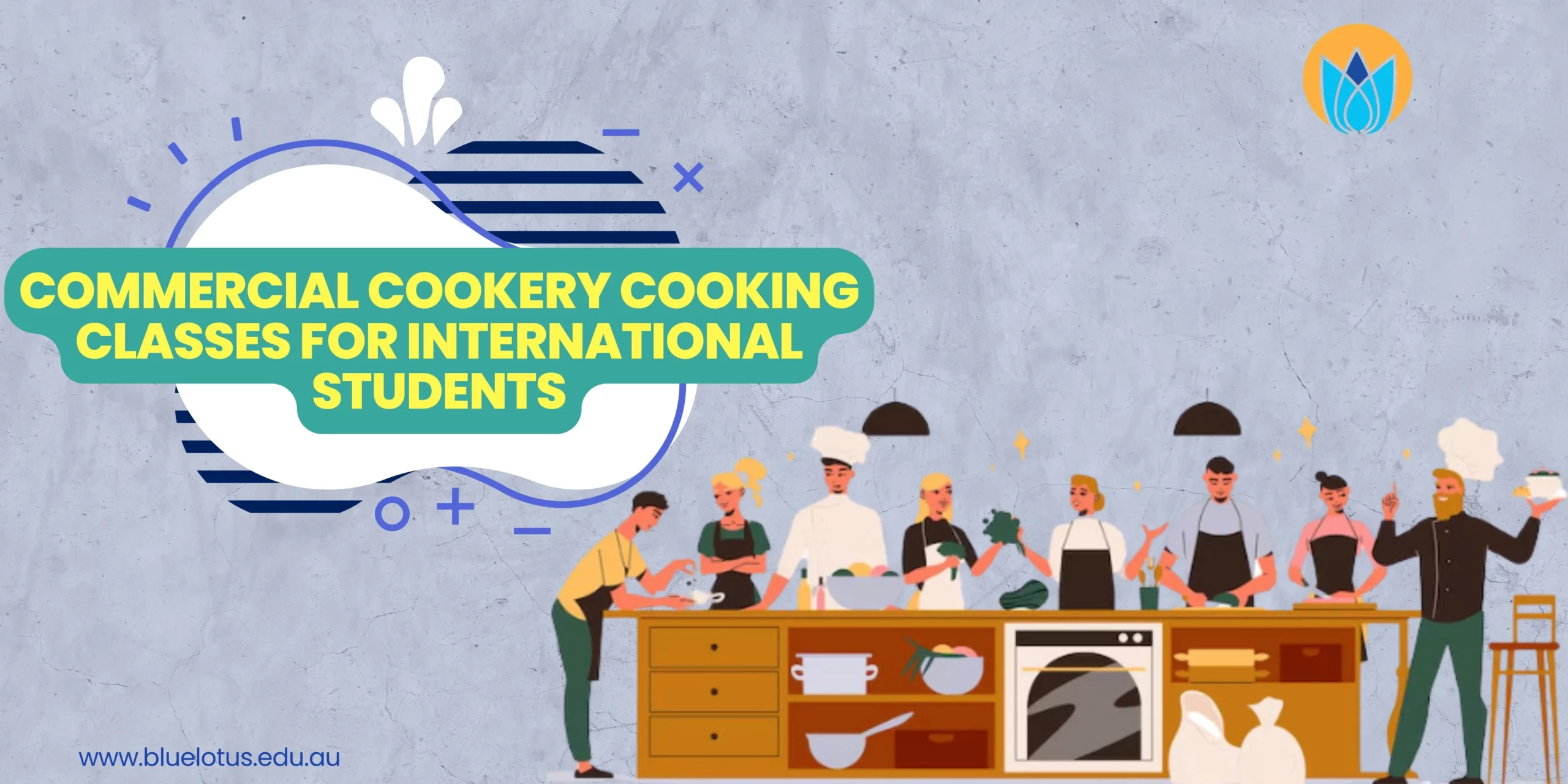
Get In Touch With Us
Commercial Cookery Cooking Classes for International Students
Table Of Contents
ToggleAustralia now tops the charts as one of the most preferred study destinations for international students who dream of making careers in Culinary Arts. Of all commercial cookery courses, the CRICOS-approved Commercial Cookery Program now seems to have been topping the list, not just because of its world-class training but also due to its pathway leading to Permanent Residency.
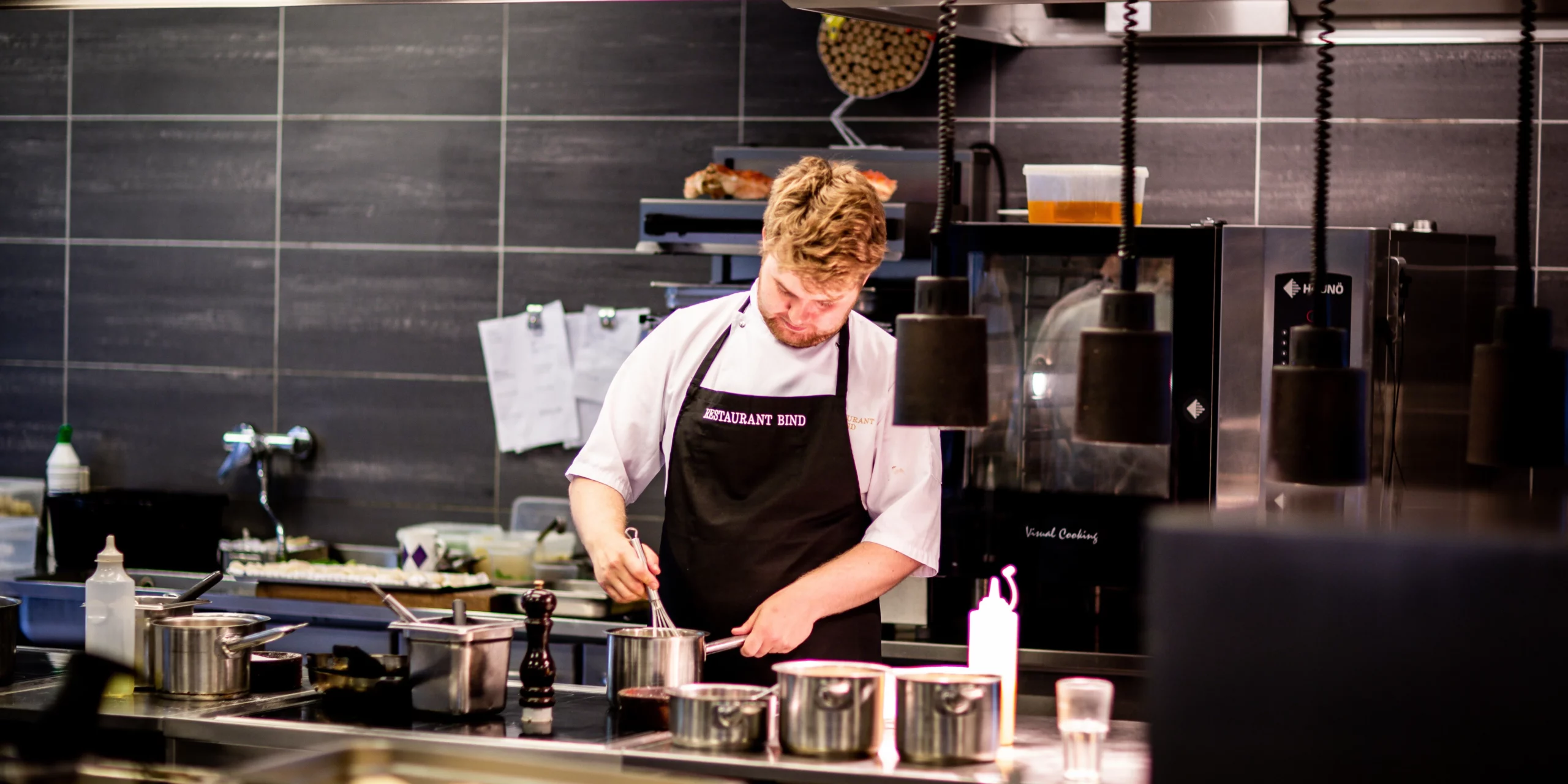
Courses such as Certificate III in Commercial Cookery and Certificate IV in Kitchen Management not only receive global recognition but are also aligned with the Skilled Migration Program within Australia. So the courses now become a strategic step toward attaining a safe future in the Land Down Under for students.
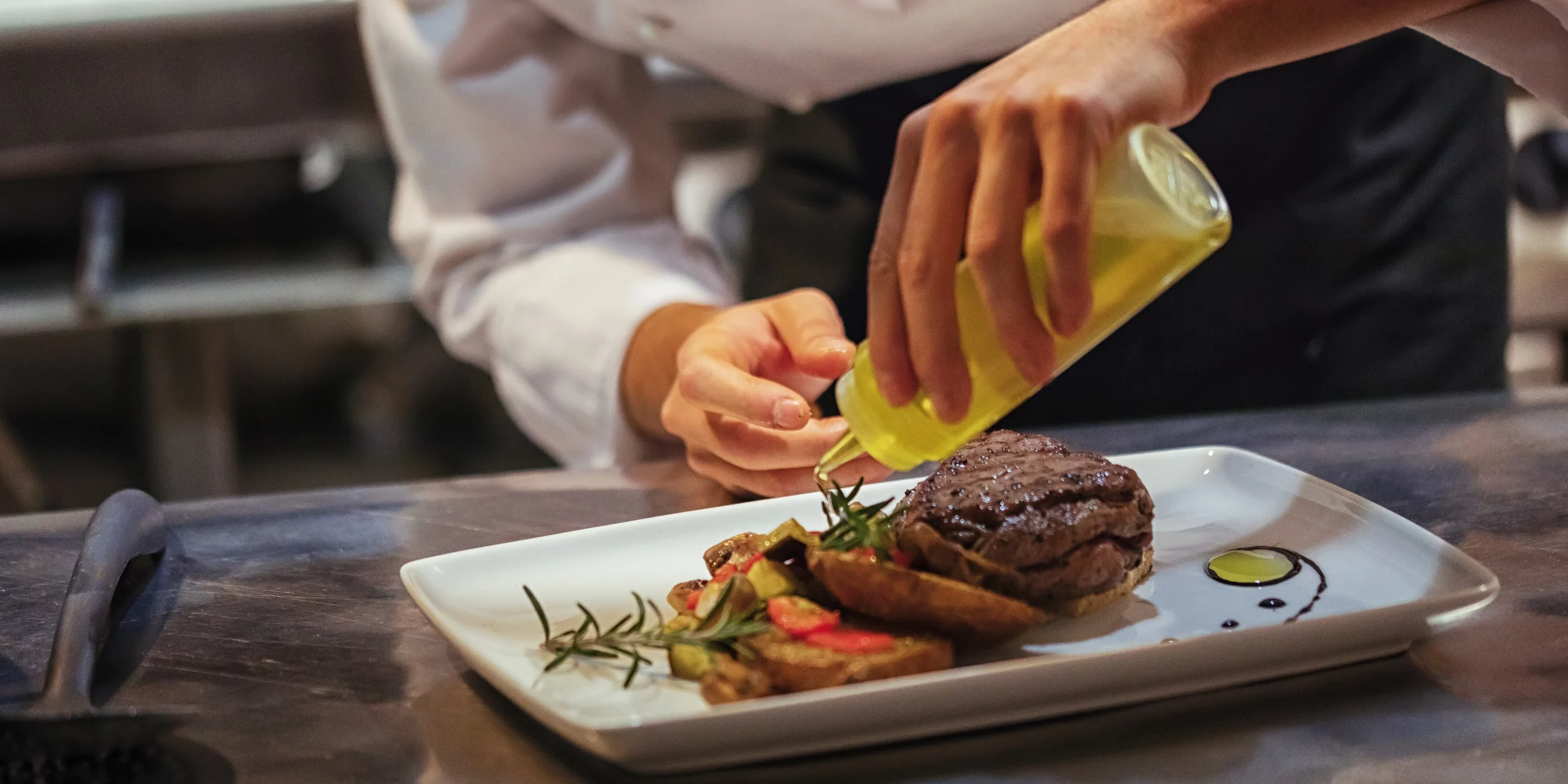
This blog further looks in the importance of these cookery courses, the importance of work experience after post-qualification, and the steps involved in navigating the PR pathway for prospective students who plan to become a cookery professional in Australia.
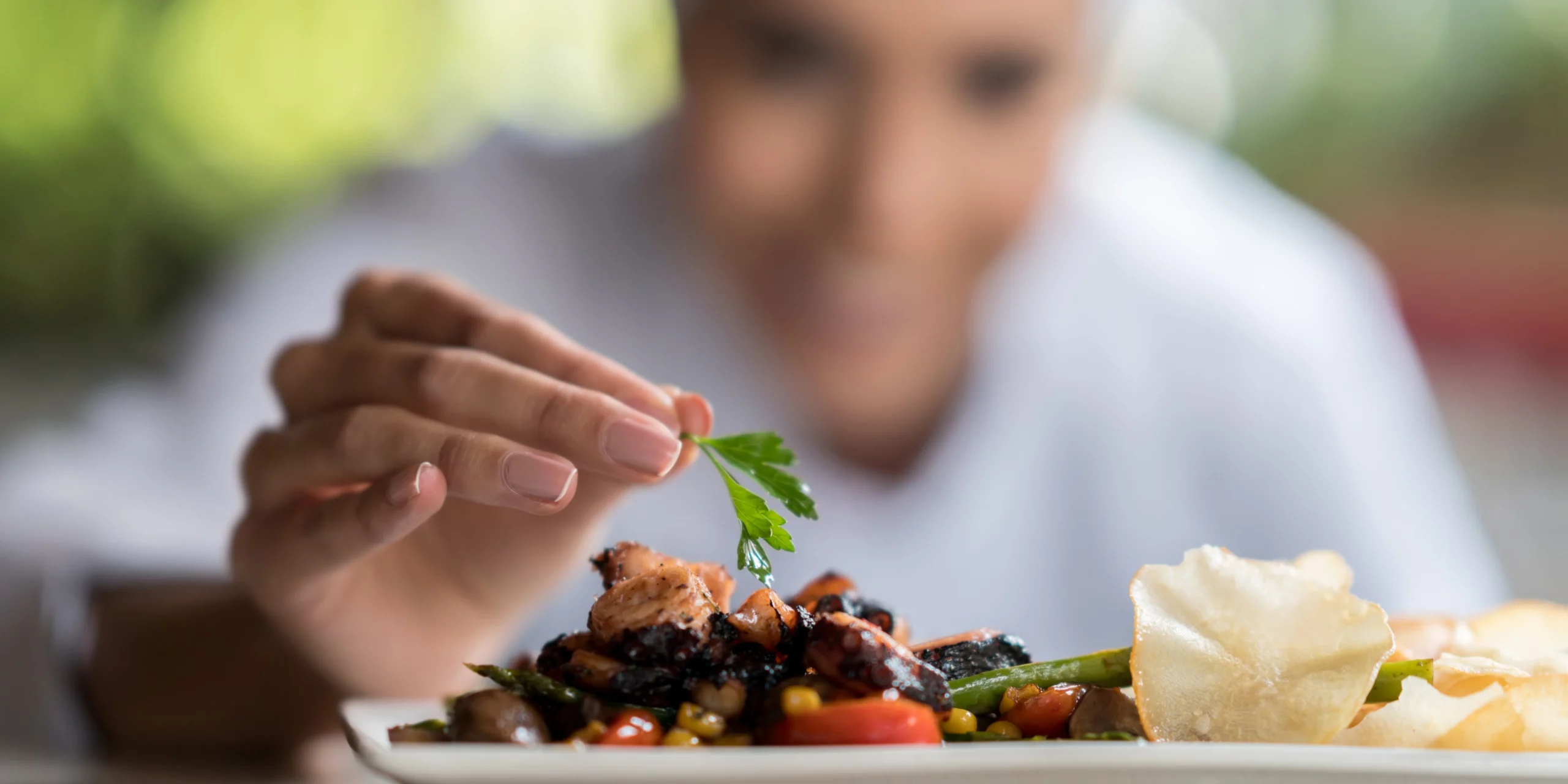
1. What is the Cookery PR Pathway?
Cookery PR Pathway refers to the pathway along which an international student in Australia can achieve the new status of permanent residency after finishing his or her qualification. It has become a trend lately, specifically because it fits so well into the Australian Skilled Migration Program, highly considering the need for skilled cooks and chefs in the hospitality industry.

Achieving PR through this pathway involves completing recognised qualifications that include Certificate III in Commercial Cookery or Certificate IV in Kitchen Management, receipt of relevant work experience, and meeting several eligibility criteria, which include English language competencies and health checks.
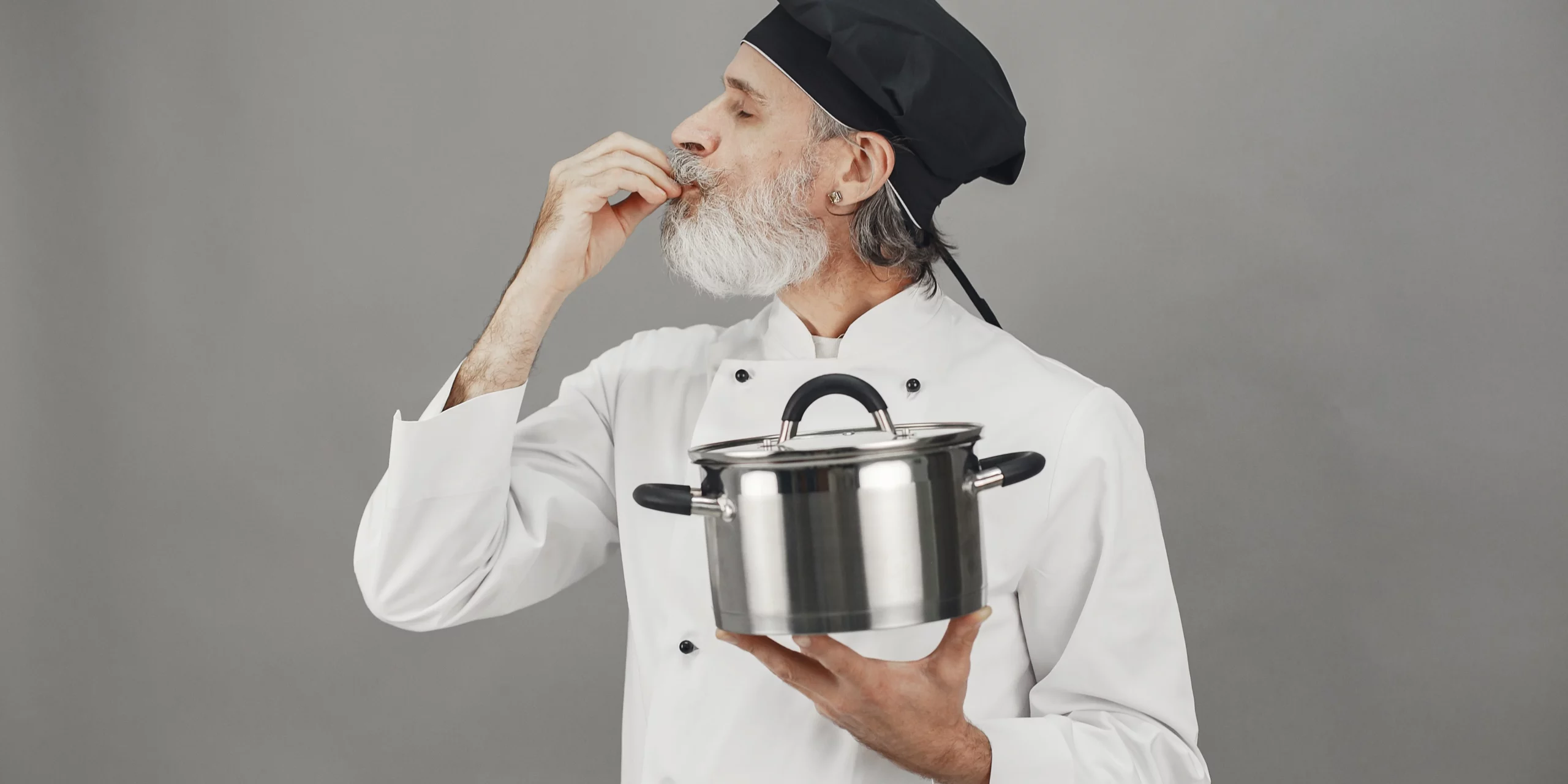
2. Popularity of Cookery Courses Among International Students in Australia
Growth Trends
The number of overseas student taking up cookery courses in Australia has been rising consistently in the last ten years. Made attractive by the increasing tourism and hospitality industry in Australia that demands skilled chefs, these courses are particularly attractive.
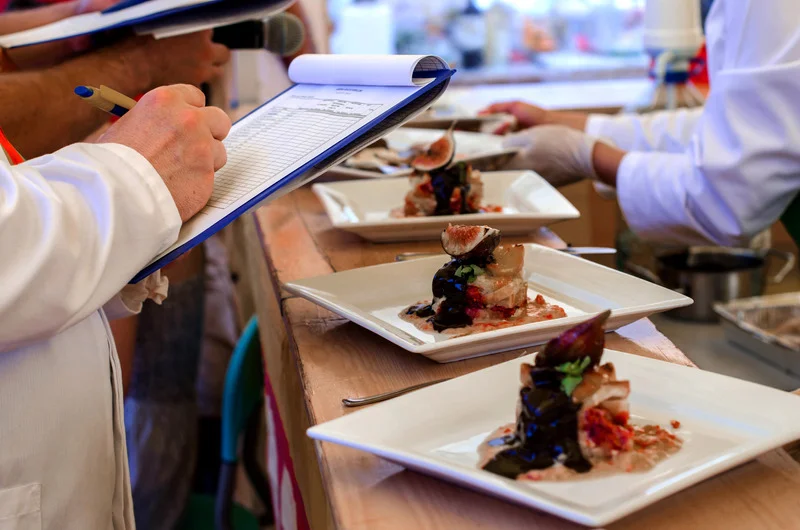
Cookery Courses: Why Students from Overseas are Captivated by Them
- Pathway to PR: The pathway to permanent residency through cookery courses, makes them very popular among students.
- Global Recognition: Qualifications obtained in Australia are recognised anywhere in the world.
- Diverse Work Areas: From high-end restaurants to the world-class hotels, graduates will be able to apply their acquired profession in various service settings.
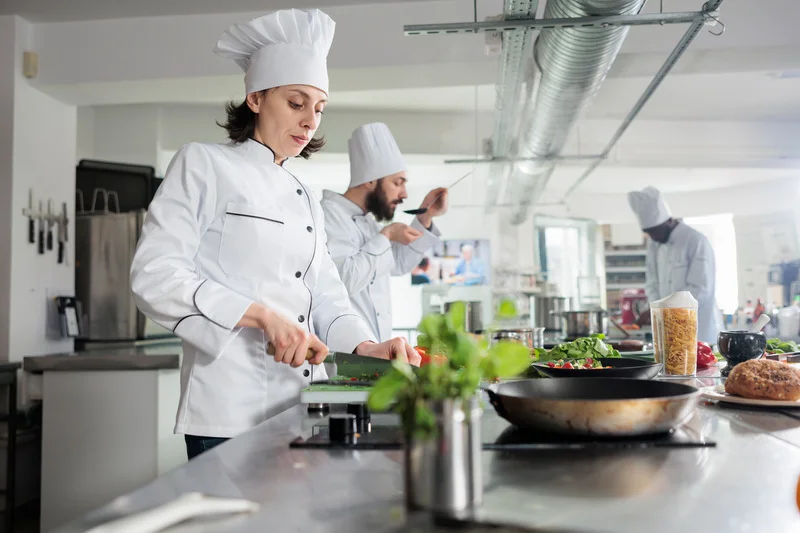
3. Why Choose Commercial Cookery in Australia?
Advantages of Studying Cookery
- In Demand: Australia is now in the midst of an all-time high in the hospitality industry, and so it ensures that it keeps demanding professionally competent chefs and cooks.
- Career flexibility: A cookery qualification opens up a variety of career opportunities within different culinary environments.
- PR Opportunities: Cookery comes under the list of the Medium and Long-term Strategic Skills List (MLTSSL), which is really beneficial for an aspirant to apply for PR more easily.
Career opportunities
Commercial cookery course graduates can often find their way into jobs for which high demand exists, such as chefs, sous chefs, or even restaurant managers. Besides these domestic opportunities, this cookery qualification opens the doors to international opportunities, since its skills are highly transferable.
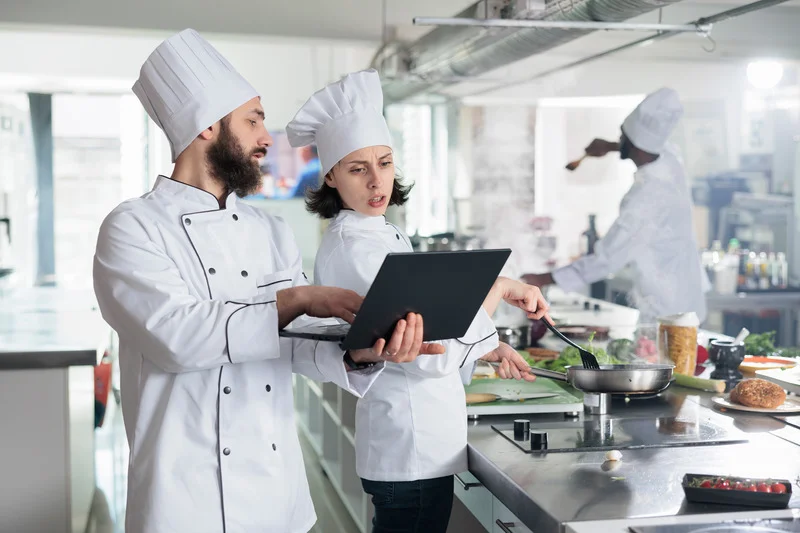
4. Cookery Course Details for International Students
Overview of Cookery Courses
Cookery courses offered in Australia are those for people looking to make a career in hospitality. These courses are tailor-made to equip students with theoretical and practical knowledge and skills in commercial kitchens.
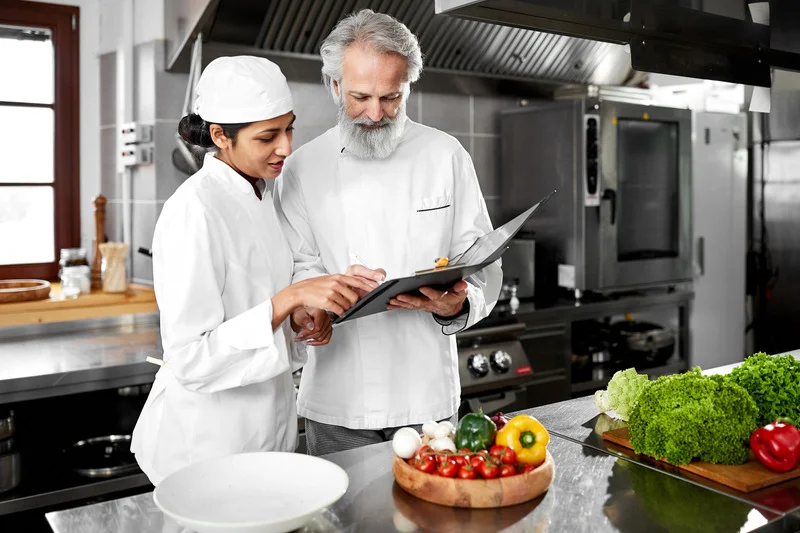
Certificate III in Commercial Cookery
Duration: 1 year
Description: This course entails the basics of food preparation, kitchen operations, hygiene practices, and elementary cookery techniques and is the inception to the domain of the culinary world.
Outcome: Students graduate to work as cooks in a variety of settings.
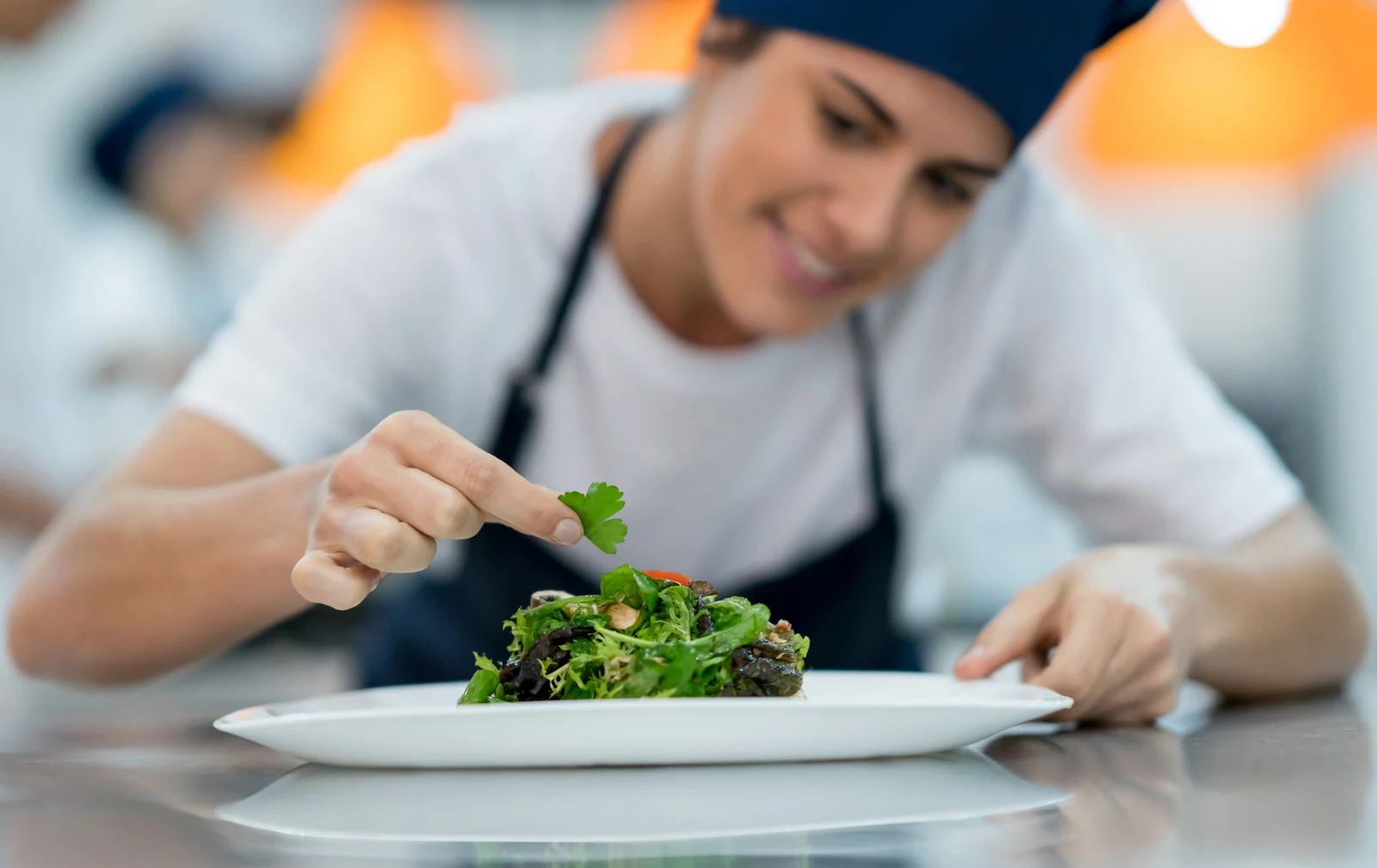
Certificate IV in Kitchen Management
Duration: 78 weeks
Description: The running of the kitchen and staff, budgeting, and compliance with health regulations are some of the leading mandates of this qualification. This is the bare necessity for aspiring senior management in the culinary field.
Outcome: Graduates are able to become a head chef or kitchen manager.
5. Post Qualification Work Experience in Cookery
Why it is important to have post-qualification work experience?
The related work experience to gather after a cookery course holds immense importance to the skill itself and getting a work visa at the same time. The visa processing in Australia is critically dependent on relevant work experience that allows very high points for relevant fields.

Types of Relevant Work Experience
|
Type of Work Experience |
Description |
|
Chef |
Working as a full-time chef in a restaurant, hotel, or catering company |
|
Apprenticeship |
Hands-on experience in the presence of a professional chef. |
|
Catering |
Preparing or helping to prepare food for large numbers of people, such as for special events. |
|
Restaurant Manager |
Overseeing kitchen operations, menus, and staff management. |
Learn About Working Hours For International Students In Australia
How to Document and Verify Your Work Experience?
Documenting work experience accurately is essential for PR applications. Students should make numerous records about their employment, specifically:
- Employment Contracts: The role, responsibilities, and duration of employment are to be clearly stated.
- Payslips: Which will help to establish that you have been in employment the whole time.
- Employer References: Letters that verify what type of work was done and how long you did it for,
- Logbooks: Record keeping for daily tasks and achievements made in the culinary centre.

Effects of Work Experience on Visa Application
Work experience definitely adds weight to one’s successful application. It just goes to show pragmatically what qualifications, translated to workplace and industry practice, the applicant actually holds to the standard which one could expect in Australia’s culinary industry.
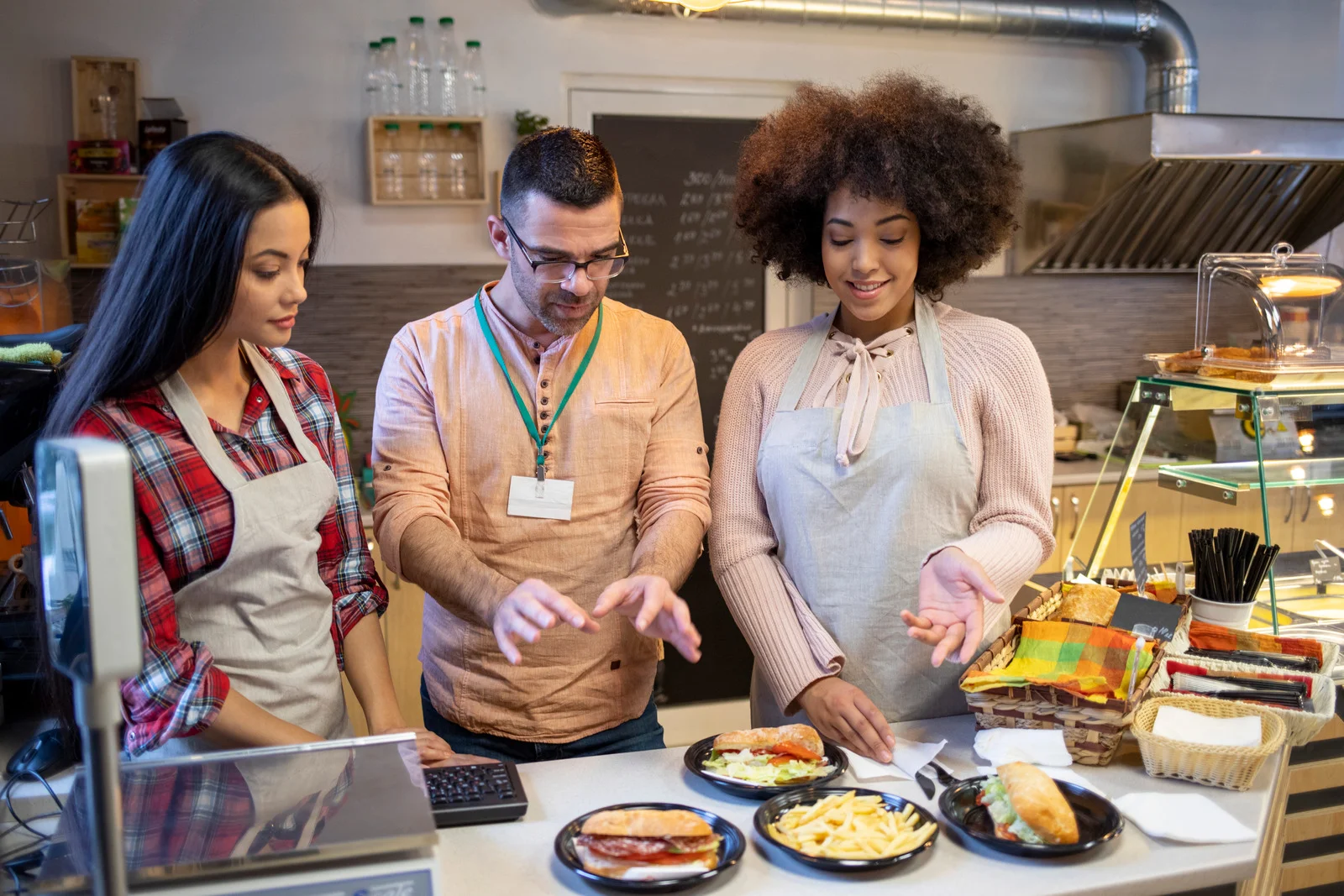
Achieving Relevant Experience
- Seek for Internships: Most culinary schools provide for internships or apprenticeships as part of the package.
- Network with industry professionals: Socialise with industry professionals and colleagues by attending events and meeting potential clients.
- Consider Regional Areas: A good number of regional areas have a high demand for skilful cooks. They also come with more job opportunities and could be the area that can process the visa more quickly.
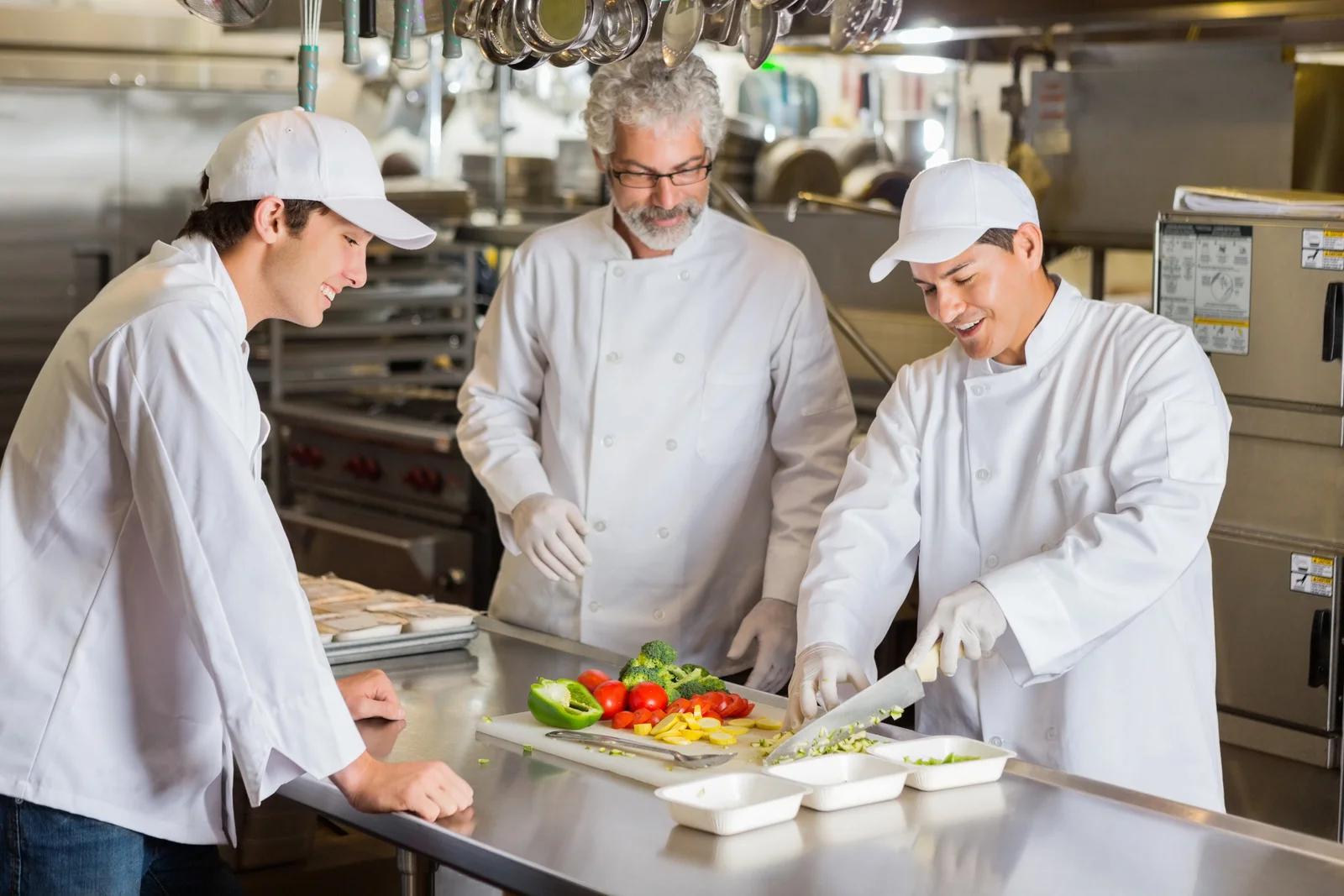
6. PR Pathway for Cookery Workers in Australia
Steps to Permanent Resident (P.R) for Culinary Workers
- Enrol in a Certificate III in Commercial Cookery or Certificate IV in Kitchen Management.
- Get employed within the culinary industry to cover for work experience requirements.
- With experience and qualifications matching that of yours, apply for relevant PR Visas like the 189 Skilled Independent Visa or 190 Skilled Nominated Visa.
- Ensure satisfaction of the English language, health, and character checks.
- Submit Your PR Application
Also Explore Diploma of Hospitality Management In Melbourne
Different PR Visa Options
|
Visa Type |
Description |
|
Skilled Independent Visa (Subclass 189) |
A points-based visa for skilled workers not sponsored by an employer, state, or family member. |
|
Skilled Nominated Visa (Subclass 190) |
Requires nomination by State or territory government. PR is obtained faster. |
|
Skilled Work Regional (Provisional) Visa (Subclass 491) |
Must reside and work in regional areas. May lead to PR under subclass 191. |
Benefits of Going For PR
Working Rights: PR visa holders are allowed to freely work in any occupation and for any employer in Australia.
Social Benefits: You are entitled to Medicare and Australia’s health-care scheme, along with other social advantages.
Education: The permanent residency holders pay the ‘domestic’ student rate for Education. This contrasts significantly with what International students are supposed to pay.
Pathway to Citizenship: PR status is the initial level of residency associated with eligibility for Australian citizenship.
Challenges and How to Overcome Them
- Matching point requirements: Enhance your points with improved English language proficiency or additional years of work experience.
- Competition for PR Spots: Apply early to ensure all your documents are ready and you avoid delays.
- Navigating through Complicated Visa Processes: Think about consulting with a migration agent to ease the whole process of applying for a visa.

7. Visa Requirements for Cookery PR in Australia
General Eligibility Criteria
To qualify for a PR visa through the cookery pathway, candidates must meet the following criteria:
- Relevant Qualifications: Completed recognised cookery course such as Certificate III in Commercial Cookery or Certificate IV in Kitchen Management.
- Work Experience: Proven work experience in the field, usually a year minimum.
- Proficiency in English: Meets the adequate use of English language general requirement.
- Health and Character Requirements: Passing health and police checking.
Document Verification Check List for Visa Application
- Passport: Photocopy of passport and other identification-related documents.
- Qualification Certificates: Your complete cookery course documentation.
- Evidence from Work Experience: Contracts, payslips, and references.
- English Language Test Results: Successful completion of a recognised English language test.
- Health Check Results: Evidence of passing the necessary health checks.
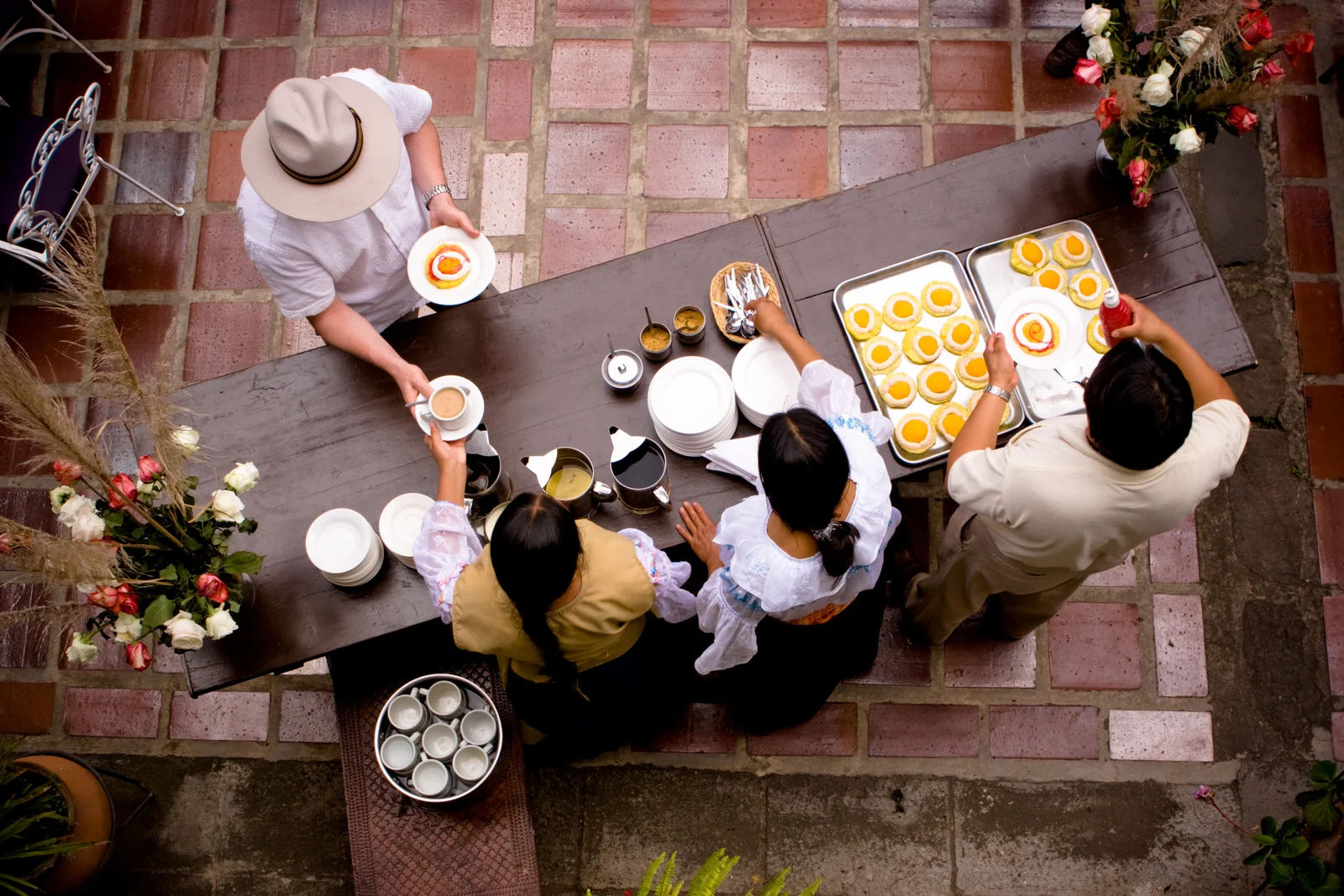
Health and Character Requirements
- Health: All applicants are subjected to a medical test to ensure that they meet Australia’s standard. In most instances, it is a general health test and also other area-specific ones as directed by the Department of Home Affairs.
- Character: Will need applicants to provide police clearances for all the countries where they stayed at least 12 months in the previous 10 years.
Proof of Skills/Qualification
Skills assessment is one of the paramount things for application in PR. For a cookery qualification, this involves:
- Having a skills assessment done by a reputable authority, such as Trades Recognition Australia.
- Verification of qualification and work experience. The documentation shall be provided to verify the genuineness of qualifications and experience.

Financial Requirements and Proof of Funds
The applicant has to establish that they have sufficient funds to support themselves initially without engaging in illegal work when applying for a visa or even upon landing in Australia. This may involve:
- Bank statements: Should show funds enough to support living cost.
- Letters of Sponsorship: A letter of sponsorship is needed in case another person is assuring financial support.
8. Smooth Application Processing for Cookery PR
Tips for a Successful Visa Application
- Application Completion: Ensure that every section of the application form is filled and all required attachment is included.
- Accuracy: Double-check all information for accuracy, as errors can lead to delays.
- Honour the Deadline: You should try to submit your application early and not wait for the very end to prevent issues.
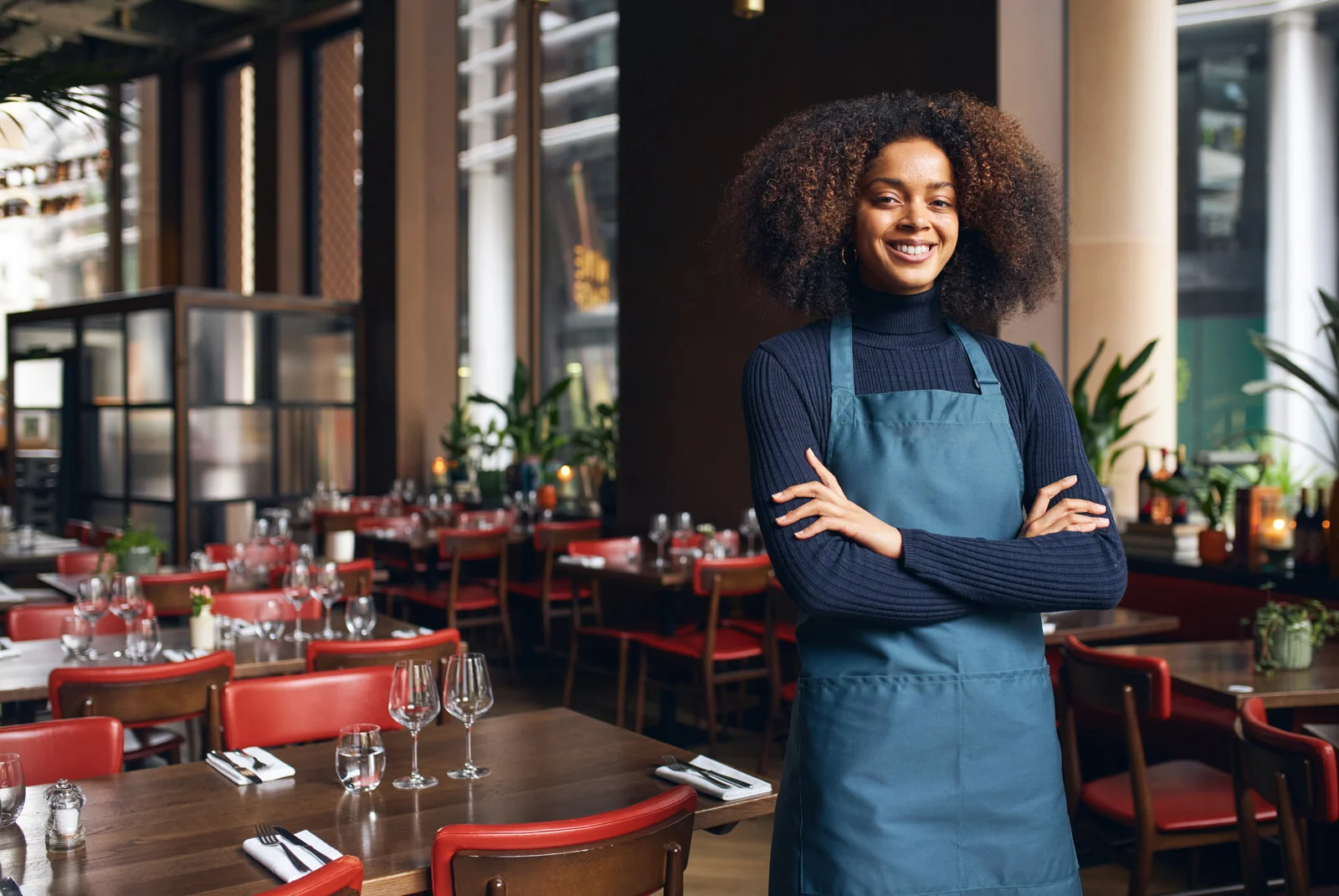
Common Pitfalls and How to Avoid Them
- Poor Documentation: Missing documents may create a delay. This could rather be saved by a checklist to ensure nothing is forgotten.
- Incorrect Visa Selection: Make sure that the visa has the closest relation with your qualification and work experience. If you are unclear, ask a registered migration agent.
- Failure to Meet Health/Character Requirements: Make plans for health checks and police clearances in good time for the due process.
Role of Migration Agents in Application Processing
Migration agents may prove to be beneficial in their support relating to the PR application. Since then can:
- Provide Expert Advice: On the best visa options and strategies for gaining PR.
- Help with Paperwork: Ensure that all paperwork is correctly filled out and filed.
- Represent Clients: Migration agents represent clients whenever they have business with the Department of Home Affairs.
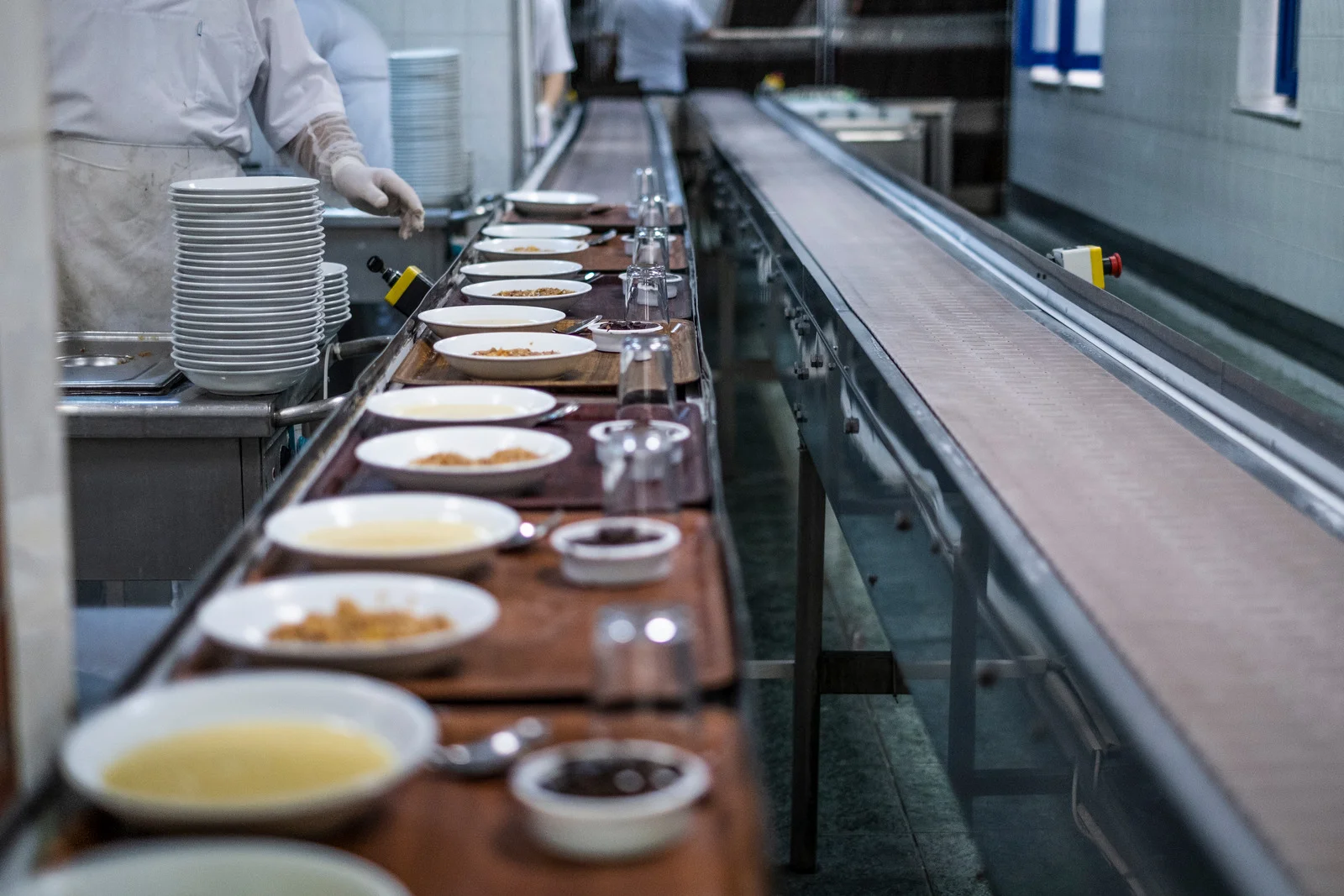
Processing Times and What to Expect
Visa processing times vary according to visa type and individual circumstances. On average:
Skilled Independent Visa (Subclass 189): 8–10 months.
Skilled Nominated Visa (Subclass 190): 6-8 months.
Skilled Work Regional Visa (Subclass 491): 9–12 months.
How to Track Your Application Status
- With your application having been submitted, you can now track your application status with: Online Account: Most Visa applications using an online Account with the Department of Home Affairs can be traced.
- Regular Updates: You can be provided with e-mail accessibility that enables you track your application.

Conclusion
Australian Permanent Residency through Commercial Cookery provides a one-of-a-kind opportunity for students interested in pursuing a career in culinary arts. Certificate III in Commercial Cookery and Certificate IV in Kitchen Management are designed to provide students with much-needed skills, making them not only skilled but also eligible for a successful future in Australia. A PR dream can become a reality if an aspiring individual understands the steps involved, gathers relevant work experience, and effectively overcomes concerns during the visa application process.
Also Explore Advance DIploma Of Hospitality Management
Upcoming Events
27
Jan.2025Australia Day
January 26 marks the anniversary of the arrival of the First Fleet in Australia. In 1994, it became a national public holiday.
10
Mar.2025Labour Day
Labour Day in Victoria is a public holiday that takes place on the second Monday in March. It’s a day to honor those who fought for better working conditions in Australia.
23
Mar.2025End of 1st Term
7
Apr.2025Start of 2nd Term
18
Apr.2025Good Friday
Public Holiday
19
Apr.2025Saturday before Easter Sunday
Public Holiday
20
Apr.2025Easter Sunday
Public Holiday
21
Apr.2025Easter Monday
Public Holiday
25
Apr.2025ANZAC Day
Public Holiday
9
Jun.2025King’s Birthday
Public Holiday
4
Nov.2025Melbourne Cup Day
Public Holiday
25
Dec.2025Christmas Day
Public Holiday
26
Dec.2025Boxing Day
Public Holiday
